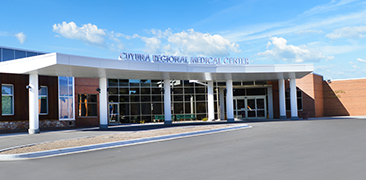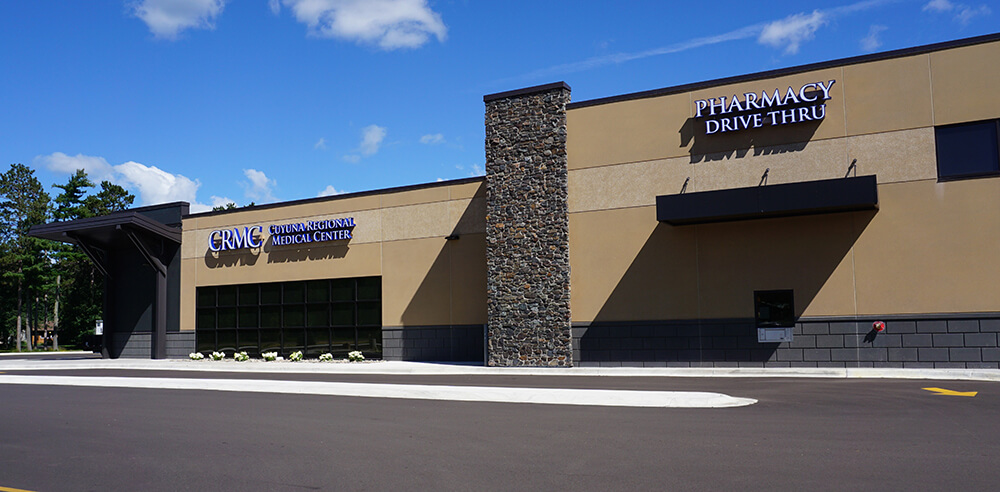What are fibroids?
Fibroids are non-cancerous tissue growths in the muscle walls of the uterus. Fibroids can grow as a single mass or there can be multiple fibroids in the uterus. They can range in size from as small as an apple seed to as big as a grapefruit.
There are several different fibroid types with different names depending on where they grow on the uterus. Fibroids can grow:
- Pedunculated fibroid – grows on a stalk either inside or outside the uterus
- Submucosal fibroid – grows just below the lining of the uterus
- Intramural fibroid – grows in the middle of the uterine wall
- Subserosal fibroid – grows under the outer covering of the uterus
What are polyps?
Uterine polyps are small protrusions of tissue that grow on the uterine lining (endometrium). They are overgrowths of the same kind of cells as the lining itself and may appear as finger-like projections or little mushrooms. As they grow, they become fragile and bleed, they are a common cause of abnormal uterine bleeding.
What is a myomectomy/polypectomy?
A myomectomy or polypectomy is a simple hysteroscopic procedure that gets rid of unwanted tissues, such as fibroids and polyps, without having to remove or even cut the uterus. During the procedure, your doctor inserts an hysteroscope through the vagina to visualize the inside of your uterus. A tool is then inserted through the hysteroscope to remove the tissue. Once the tissue causing the abnormal bleeding is removed your period may go back to normal. This is the ideal treatment option if you are looking to reduce heavy bleeding caused by fibroids or polyps, while retaining a fully functional uterus.
Is it safe?
Unlike the removal of fibroids through the abdomen, a hysteroscopic myomectomy requires no cuts or incisions to the skin. The recovery period is quick because there is no need for general anesthesia.
How quickly can I resume normal activities?
Some women may experience mild cramping after the procedure. Your health care provider may recommend an over-the-counter pain reliever. You should be able to resume normal activities within two days. Very few patients will experience complications following the procedure.
What will my periods be like following the procedure?
Every woman is different and you should discuss with your health care provider. If your period persists after your fibroids or polyps have been removed, sometimes there are other causes to your heavy bleeding. You should consult your health care provider if the heavy bleeding continues.











